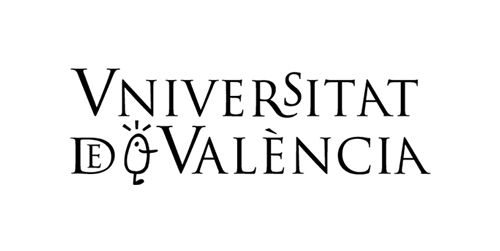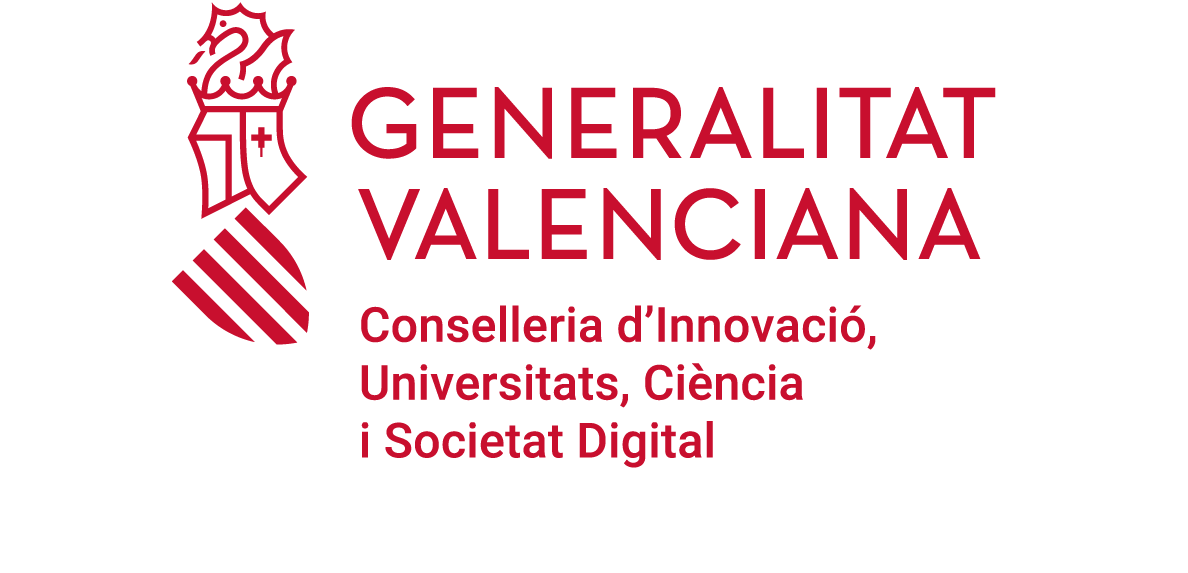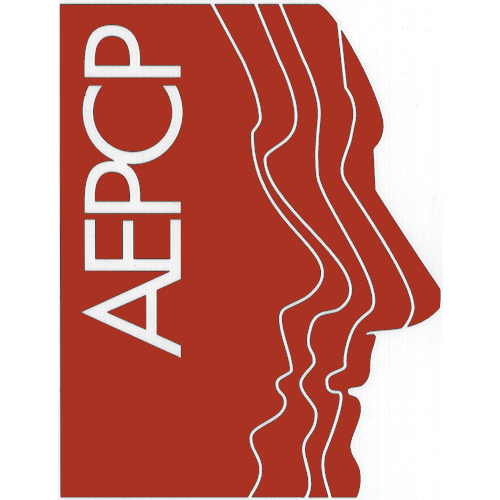María Concepción Torres Díaz

LEGAL SPEECH ABOUT WOMEN’S BODY: BETWEEN THE SUBJECT WITHOUT BODY AND THE BODY WITHOUT RIGHTS
SUMMARY
This conference tries to critically reflect on the terms in which the legal discourse has though and continues thinking of women in relation to their sexual corporality, that is, as heterodesignated bodies, which are intended to meet other’s needs as sexual and reproductive body. In that point, the legal discourse analysis on women bodies forces to look at its availability for the sex/gender system and, specifically, for care tasks, human reproduction, sexual desire satisfaction of others, to preserve and guarantee traditions, cultures, religions, etc. Hence the appeal and the criticisms of the sexual/social heteronomy of women –that not autonomy – as a legal/political people, and their implications in terms of rights recognition. It must not be forgotten that the normative model of the humanity on which rights are built and recognized is not a neutral model from a socio/sexual point of view.
BIOGRAPHY
Professor in the Constitutional Law area of the University of Alicante. She also teaches in different courses and in Bad Treatments and Gender Violence Master (UNED) as well as in the Law Master (University of Alicante), Management Administrative master (University of Alicante), and in different courses and postgraduates studies related to gender violence, education in non-violence and no discrimination in the University of Alicante, UNED and University of Extremadura.
She also is a collegiate lawyer in the Illustrious Bar Association of Murcia where she is part of the following sections: Family Law, Civil Law, Criminal Law, Health Law and Bioethics and ICT Law.
She teaches in courses aimed at teaching, research and administration staff in the University of Alicante, in the framework of training and awareness actions of the protocol against sexual harassment. Likewise, she teaches in the course “Inclusion of the Gender Perspective in University Teaching”. This course is part of the training activities offered by the ICE and the Docentia-UA Teaching Activity Improvement Plan.
More info in this link: https://web.ua.es/es/ice/formacion/2019/cursos-y-talleres/inclusion-de-la-perspectiva-de-genero-en-la-docencia-universitaria.html
Currently, she is Secretary of the Feminist Network of Constitutional Law, member of the Seminar on the Rights of Women in the Law Faculty at the University of Alicante, member of the Feminist Policy Forum and member of the Transversal Network Association of Gender Studies in Human, Social and Legal Sciences (GENET). Public Agenda analyst and media writer (eldiario.es, elperiodico.com, CTXT. Context Magazine, Bez.es, Feminist Tribune, elpais, etc.)
In the field of research, her priority lines focus on the analysis of constitutional law from a gender perspective (epistemology and feminist methodology) and critical constitutionalism, legal feminism as a framework for interpreting human rights, the legal construction on women’s bodies and the implications on the legal and political subjectivity of the subjects, the impact of new technologies on fundamental rights (information freedoms, data protection, transparency, etc.), citizen participation as an instrument of democratic quality, the guarantees of fundamental rights as a setting framework for current democracies, bioethics issues and the development of bio-rights and education in ‘non-violence’.
Finally, she has been a member of the Technical-Legal Commission of the Working and Study Group for the elaboration of the Protocol against sexual harassment, in the University of Alicante. She has also participated as technical-legal advisor of the Vice-Rectorate for Social Responsibility, Inclusion and Equality of the University of Alicante in the elaboration of the Protocol of Attention to Identity and Gender Expression.














